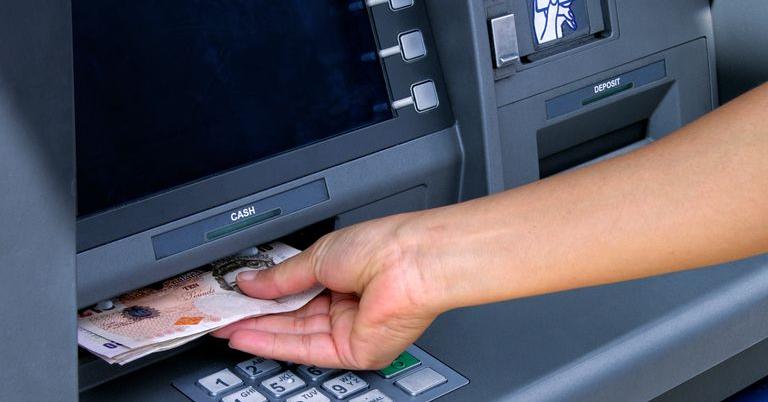Banks get most of their income from interest charged for lending money. But that’s not the only way they make profits. If you charge something on your debit card but don’t have enough money in your account, you make what’s known as an overdraft. And for the overdraft, you will likely be charged a fee.
Unfortunately, some banks aren’t honest and transparent about their overdraft charges, and their consumers pay above and beyond what they can and should. Chase, one of the biggest banks in the country, has, on several occasions, been accused of charging unfair overdraft fees. And this catapulted into a class action overdraft lawsuit and, consequently, settlement.
So, how much was the Chase overdraft lawsuit? More importantly, can you still sue the bank for overdraft fees?
$110 Million in Settlement
In 2012, JPMorgan Chase & Co agreed to pay aggrieved clients $110 million in a lawsuit accusing the bank of charging excessive overdraft charges. The settlement was part of a bigger compensation lawsuit that involved other major banks and lending institutions.
So, what was the main issue exactly? The customers behind the lawsuit accused banks, including Chase, of processing transactions from the biggest to smallest, as opposed to going by the date they occurred. So, in the case of an overdraft, whose charges are anywhere between $25-$35, the smaller transactions would stay longer, accumulating more costs than larger transactions.
And that led to people of low income and lower bank balances having to pay more charges in comparison to high-income earners and people with high bank balances. For instance, one of the customers in the case, Estella Lopez, said that the bank charged $204 in overdraft fees over 7 card transactions when she could have paid just $34 if the bank had processed her transactions from the lowest to the highest.
Another client, Andrea Luquetta, claimed that while Chase didn’t decline debit transactions when she had insufficient money in her account, they didn’t disclose that she would be charged an overdraft fee. Instead, the bank routinely charged clients $25-$35 in fees routinely, even for small transactions.
The Aftermath of the Chase Overdraft Lawsuit
Since the class action lawsuit, Chase tweaked its rules. Now, clients sign, among other things, an arbitration agreement that takes away the right to file a class action lawsuit when they opt for overdraft services. To recover unfairly charged overdraft fees, clients would have to file an individual arbitration.
You Can Still Recover Your Money After Unfair Overdraft Fees
With good lawyers, you can still reclaim your overdraft charges if charged unfairly. This is through arbitration, where your legal team takes on the bank’s legal representatives in front of an arbitrator who acts as the judge. And you don’t need to pay anything, as legal fees are recovered from the settlement. All you need to qualify is to be a Chase bank customer and have been charged overdraft fees that you feel were unfair/ excessive in the past year.
Get a Qualified Attorney to Recover Your Overdraft Fees in Arbitration
Banks are often seen as honest, upright institutions. Unfortunately, they can and do charge you excessive or unnecessary fees knowingly to make that extra profit. But you don’t have to suffer in silence. You can fight back with an attorney to recover your funds.
